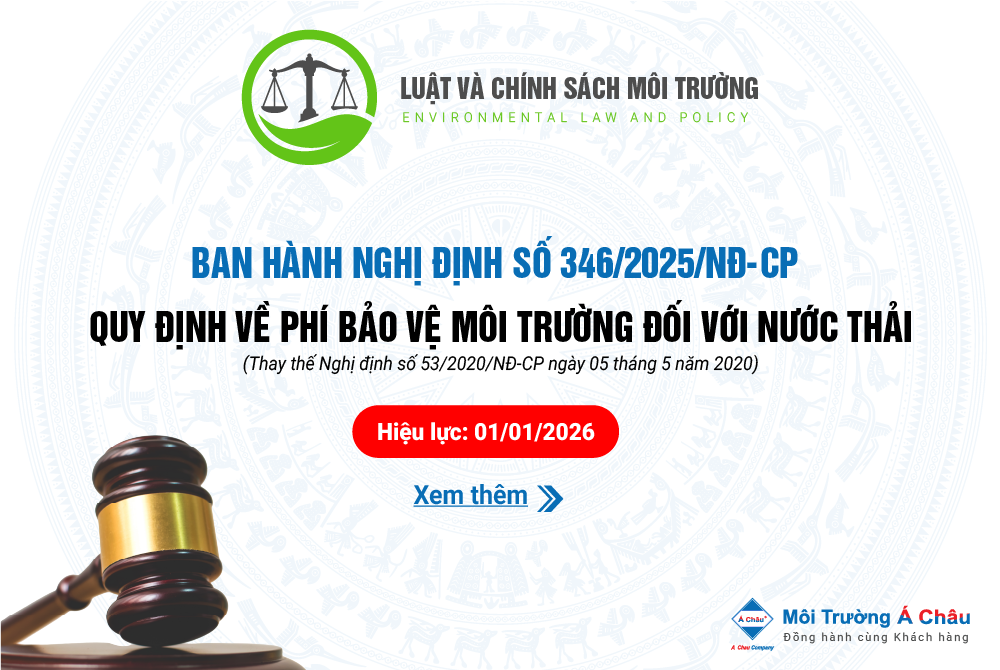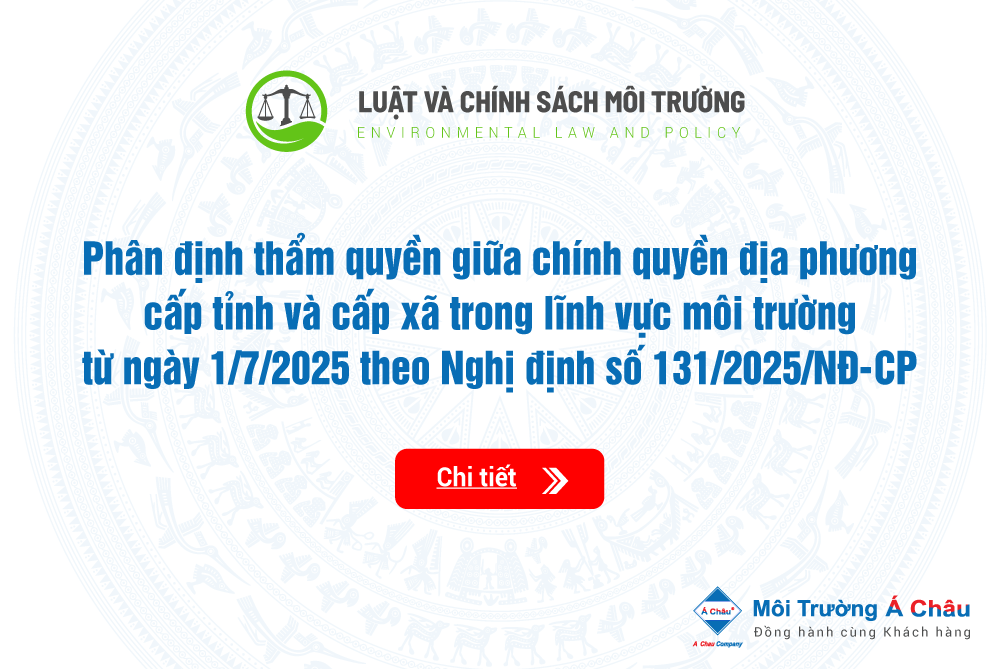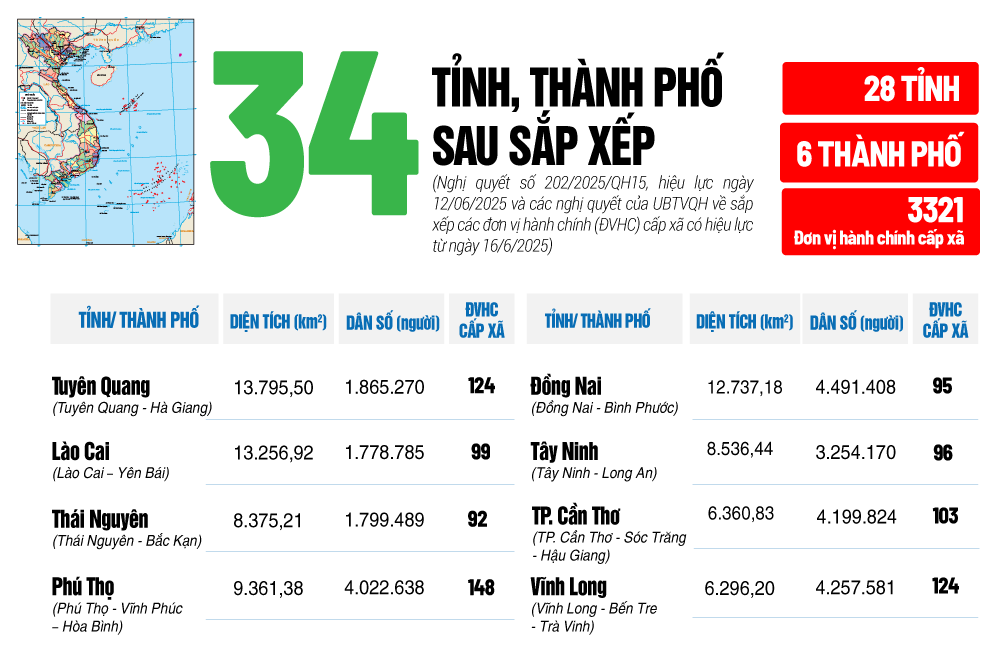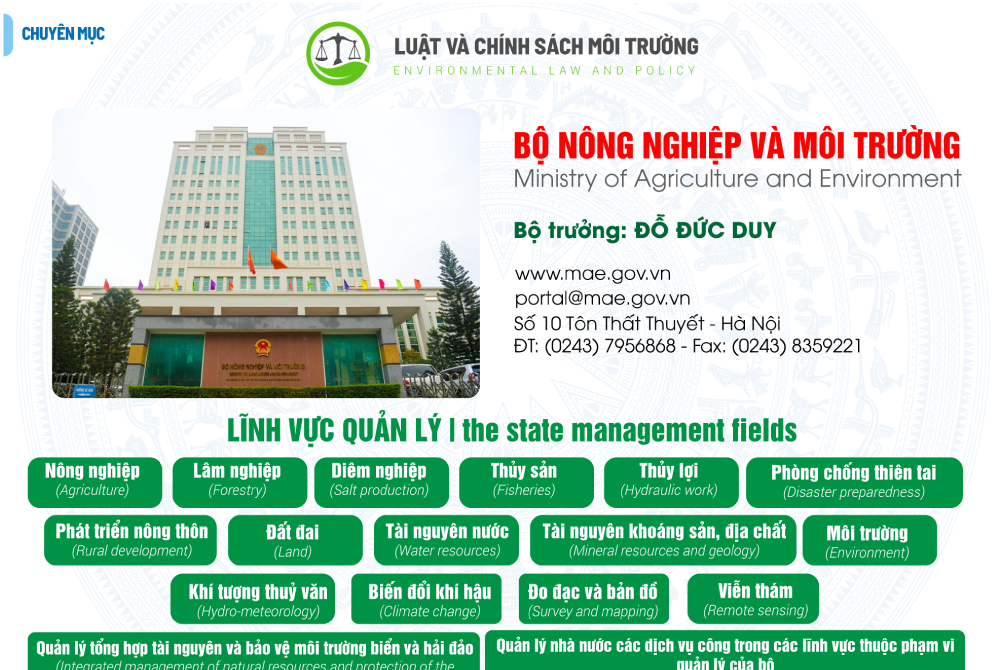The Deputy Prime Minister approved the Scheme on Establishing and Developing the Carbon Market in Vietnam, officially operating from 2029
The Deputy Prime Minister Tran Hong Ha has just signed Decision No. 232/QĐ-TTg dated January 24, 2025 approving the Scheme on Establishing and Developing the Carbon Market in Vietnam, the scheme aims to develop the Carbon Market in a centralized model, operating under market principles, with strict state management and supervision, ensuring transparency, safety and efficiency.
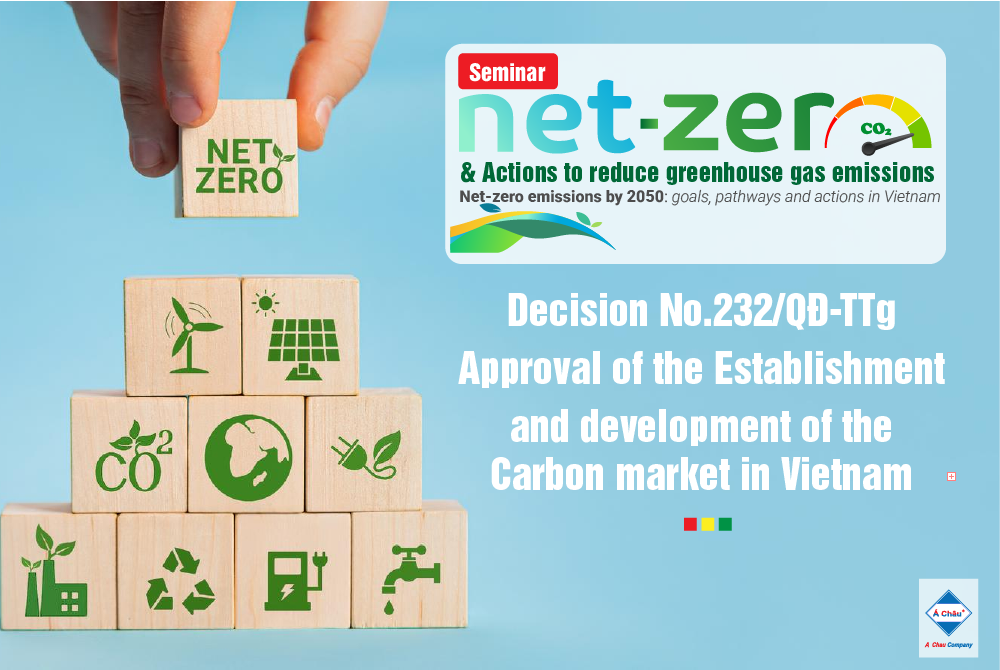 Vietnam aims to achieve net-zero emissions by 2050 (Image: A Chau Environment)
Vietnam aims to achieve net-zero emissions by 2050 (Image: A Chau Environment)
Vietnam aims to achieve net-zero emissions by 2050
The overall objective of the Scheme is to develop a carbon market in Vietnam, contributing to the reduction of GHG emissions as committed in the Nationally Determined Contribution (NDC) with low costs for businesses and society, creating a new financial flows for GHG emissions reduction activities, promoting green transition, developing low-emission technologies, enhancing the competitiveness of the Vietnamese businesses domestically and globally, developing a low-carbon economy, and proactively responding to climate change, aiming for a net-zero emissions by 2050.
The Scheme sets the target by June 2025 to: Gradually develop and complete the legal framework for the exchange of GHG quotas, carbon credits and the mechanism for trading and offsetting the carbon credits, ensuring a legal basis for piloting the carbon trading platform; and establish the infrastructure for operating the the carbon market.
The management and operation capability of the carbon market by the state management agencies, the capability and awareness of businesses, organizations, individuals to be ready to participate in the carbon market.
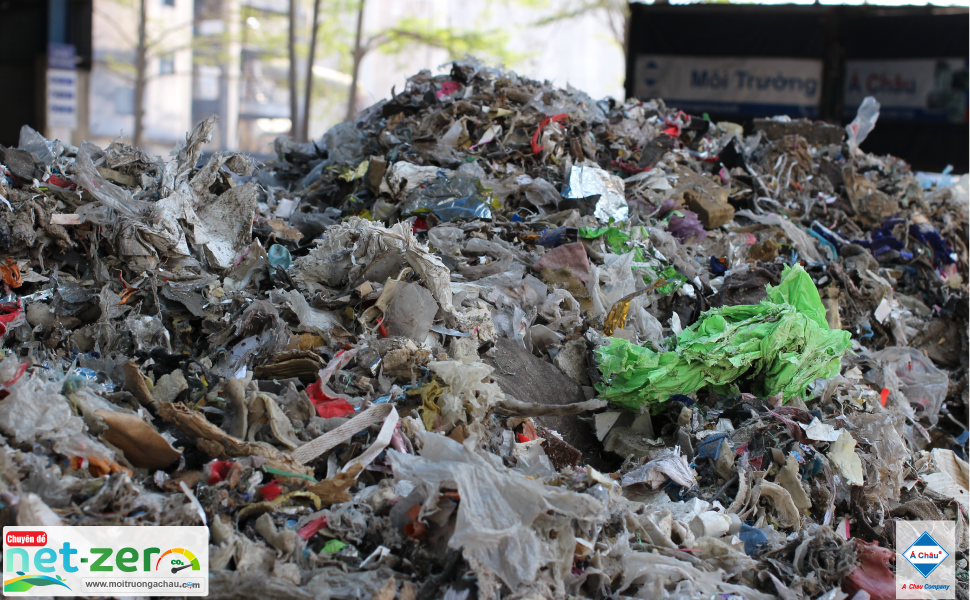 Sustainable waste management with a circular approach, achieving zero landfill and contributing to GHG emission reduction (Image: Low-value and non-recyclable waste pre-processed by A Chau Environment and transferred as an alternative fuel to coal)
Sustainable waste management with a circular approach, achieving zero landfill and contributing to GHG emission reduction (Image: Low-value and non-recyclable waste pre-processed by A Chau Environment and transferred as an alternative fuel to coal)
According to the Scheme, commodities on the carbon market include 02 types:
1- GHG quotas, allocated to facilities listed in the GHG-emitting sectors, facilities subject to GHG inventory, issued by the Prime Minister, through free allocation and auctioning methods.
2- Carbon credits traded on the market, including:
- Carbon credits obtained from programs and projects under the domestic carbon credit exchange and offset mechanism in accordance with legal regulations;
- Carbon credits obtained from programs and projects under the international carbon credit exchange, offset mechanism: Carbon credits obtained from the Clean Development Mechanism (CDM); Carbon credits obtained from Joint Crediting Mechanism (JCM); Carbon credits under Article 6 of the Paris Agreement.
Methods of trading GHG quotas and carbon credits
The trading of GHG quotas, carbon credits is conducted on the domestic carbon exchange platform. The Hanoi Stock Exchange develops and provides the carbon exchange platform in accordance with market organization, management and the conditions, technical standards developed by the Ministry of Natural Resources and Environment in cooperation with the Ministry of Finance and relevant ministries, sectors and agencies.
The trading on the carbon market is conducted centrally on the carbon exchange platform. The GHG quotas and carbon credits certified by the Ministry of Natural Resources and Environment will be assigned a unique domestic identification code for trading, ensuring no duplication. Entities participating in the carbon exchange platform in Vietnam must have a depository account for trading GHG quotas or a depository account for trading carbon credits. The registration and issuance of GHG quotas and carbon credits are performed centrally to ensure data consistency, synchronization, and compliance with management and supervision requirements.
Vietnam Securities Depository and Clearing Corporation (VSDC) provides depository and transaction settlement services in accordance with market organization, management and the conditions, technical standards developed by the Ministry of Natural Resources and Environment in cooperation with the Ministry of Finance and relevant ministries, sectors and agencies
The transaction settlement will be automatically executed based on the transaction result provided by the Hanoi Stock Exchange, ensuring that the transfer of assets is conducted simultaneously with the payment at the settlement bank. The payment for transactions on the carbon exchange platform is carried out by eligible commercial banks providing transaction payment services for GHG quotas and carbon credits.
The Ministry of Natural Resources and Environment in cooperation with the Ministry of Finance, the Ministry of Agriculture and Rural Development, the Ministry of Construction, the Ministry of Industry and Finance, the Ministry of Transportation and other relevant ministries, sectors, agencies to organize and operate the domestic carbon market, ensuring no uncontrolled or spontaneous developments, loss of State resources and assets, affecting the national security and social order.
Roadmap for carbon market implementation from 2025 to 2029:
Pilot implementation phase from 2025 to the end of 2028
- Nationwide pilot implementation of the carbon market. The transfer of carbon credits, GHG emission reduction results to foreign and international partners will be studied and specifically regulated in legal documents, subject to approval by the competent authority.
- All GHG quotas are studied and considered for free allocation to the GHG-emitting facilities in certain high-emission sectors.
- The carbon credits verified for trading on the carbon exchange platform includes: (i) Programs, projects under the domestic carbon credit exchange and offset mechanism.; (ii) The Clean Development Mechanism (CDM); (iii) The Joint Crediting Mechanism (JCM); (iv) Mechanisms under Article 6 of the Paris Agreement.
- The rate of carbon credits used to offset GHG emissions against the total GHG quotas allocated to facilities is regulated by the Government.
- Entities participating in the carbon exchange platform are: (i) Large GHG-emitting facilities listed in the Sectors and facilities subject to GHG inventory issued by the Prime Minister that are allocated GHG quotas; (ii) organizations, individuals meeting the required conditions to participate in buying and selling carbon credits on the carbon exchange platform.
Official operation phase from 2029
- The carbon market will be officially operated nationwide.
- Sectors and facilities allocated with GHG quotas will be studied and considered for expansion according to the roadmap.
- GHG quotas will be studied and considered for allocation through free allocation and auctioning. The specific ratio of free allocation and auctioning of GHG quotas will be proposed during the pilot implementation and after sufficient information and data on allocated GHG quotas and transaction volumes are available.
- Consider adding more carbon credit types eligible for trading on the carbon exchange platform.
- The ratio of carbon credits used for offsetting emissions against the total GHG quotas allocated for facilities is regulated by the Government.
- Consider expanding the entities and individuals eligible for participating in carbon trading on the carbon exchange platform (adjusting the conditions for organizations and individuals to participate in carbon credit trending on the carbon exchange platform, ...
5 groups of tasks and solutions for implementation:
- Tasks and solutions related to the commodities on the carbon market;
- Tasks and solutions related to participants in the carbon market;
- Tasks and solutions related to national registry system and carbon exchange platform;
- Tasks and solutions related to organization and operation of the carbon market;
- Tasks and solutions related to raising awareness and enhancing capabilities.



